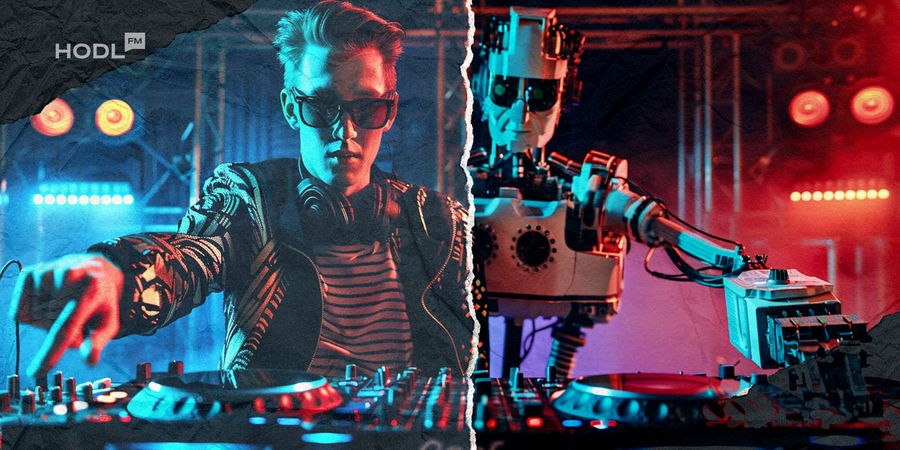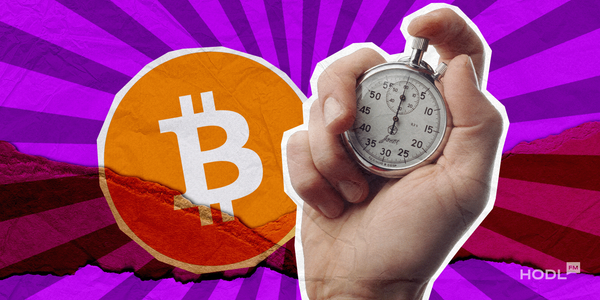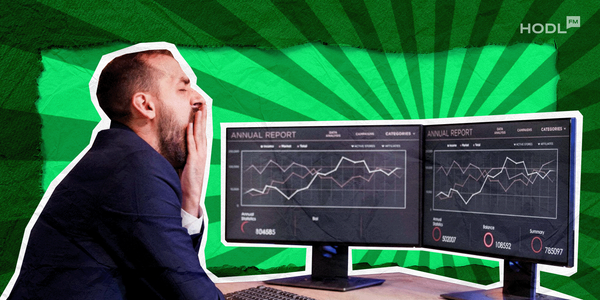Artificial intelligence is likely to bring you music in the future. Now, I know what you’re thinking: AI can’t create great music, but these machines have been learning about music for decades and they’re pretty good at it now.
Related on AI: Elon Musk Withdraws His Lawsuit Against OpenAI CEO Sam Altman
New developments in the field of artificial intelligence (AI) have taken this idea closer to becoming a reality, defying the traditional perception that only human composers have the ability to create art.
But music is supposed to be this sacred, human expression of emotion and creativity. So how could a cold, unfeeling machine ever hope to capture that in its truest form? Well, let’s take a look at what these machines are capable of and see in they can make better music than human.
Historical Context of Music Creation
While AI’s involvement in music can be traced back to the 1950s, when Alan Turing worked on algorithmic composition, it’s only recently that AI-generated tunes have grabbed public attention.
The first computer-composed piece was the Illiac Suite (aka String Quartet No. 4) in 1956, a four-movement work by professors at the University of Illinois. This quirky debut kicked off AI’s foray into music.
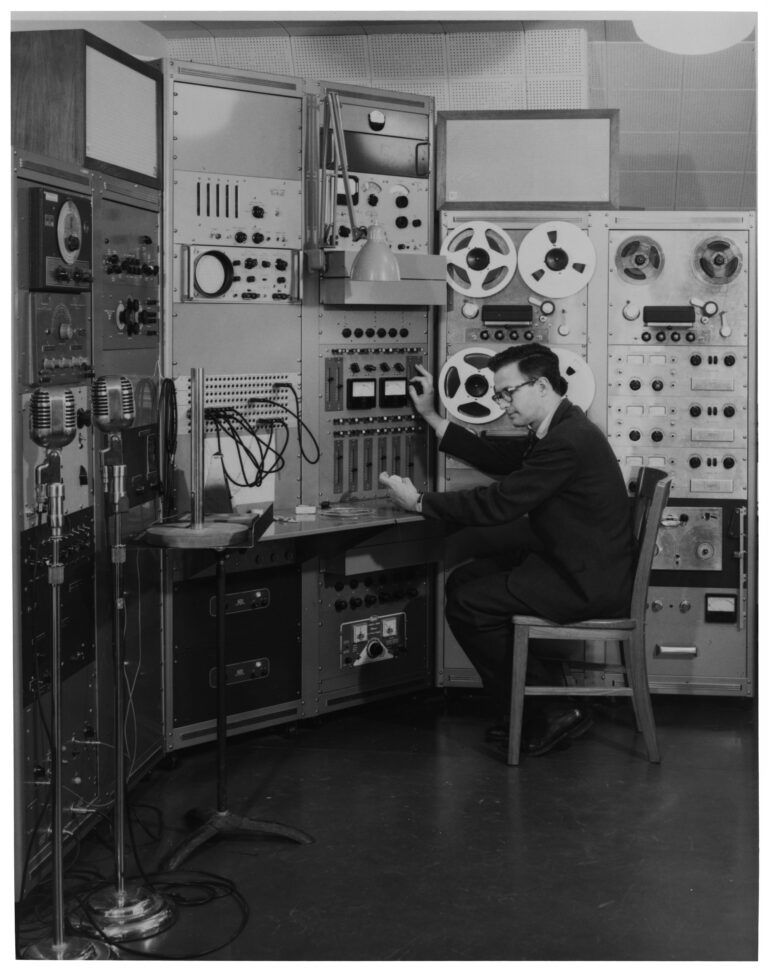
Fast forward to 2016, and we’ve got Warner Music signing the first algorithm to a record deal. The audio start-up Endel was contracted to crank out 15-20 albums that year, setting the stage for AI’s merger with art, albeit with polarizing reviews.
In September 2023, the AI music generation had leveled up big time. A track called “Heart on My Sleeve” dropped on YouTube, sounding like a legit Drake and The Weeknd collab with its pulsating piano melodies and slick lyrics (“I came in with my ex like Selena to flex / Bumpin’ Justin Bieber, the fever ain’t left”). Except it wasn’t Drizzy and Abel; it was the creation of an internet rando named Ghostwriter using generative AI.
Nowadays, artificial intelligence is used in so many aspects of music production, like deep fake vocals, song writing with ChatGPT, beat making, vocal editing, mixing and mastering. Streaming platforms like Spotify have introduced AI features to provide a better listening experience.
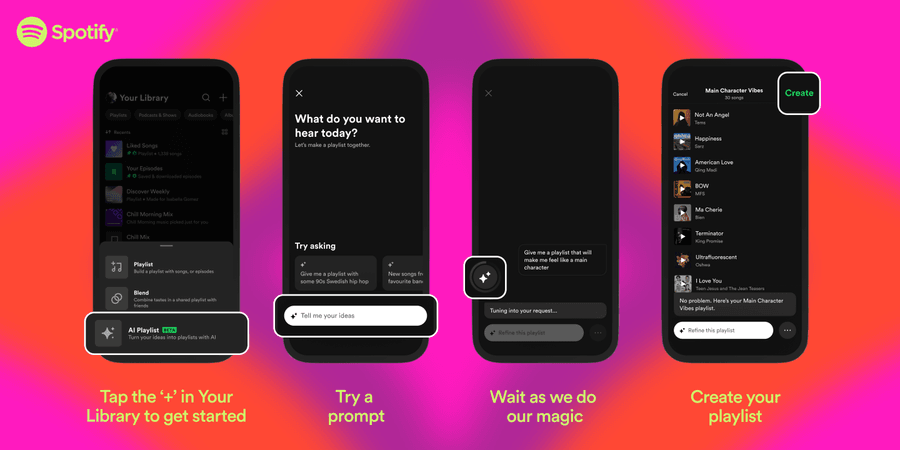
Many are of the opinion that it’s only a matter of time before artificial intelligence dominates the entire music industry.
Methods and Tools in AI-Generated Music
So how do these machines compose their own music? Well, it all comes down to some seriously advanced algorithms and deep learning networks such as recurrent neural networks (RNNs), long short-term memory (LSTM) networks, and generative adversarial networks (GANs).
These machine learning protocols work with huge volumes of musical information and then try to emulate various rhythms, melodies, harmonies, and even musical genres. It is rather similar to an aspiring artist observing the legends of the music industry, from Beethoven to Beyoncé, and attempting to decipher what it is that makes that music so dope.
Deep learning, in particular, goes a step further and enables these AI systems to process higher levels of abstract musical information. This means that they cannot only copy the instrumental arrangement of a song but also reproduce the qualitative aspects, which make great songs as they are. Examples of these advanced AI music generation tools include Google’s Magenta and OpenAI’s MuseNet.
Comparison of Human vs. AI Music
Now, here’s where things get really juicy. Can these AI-generated tunes really hold a candle to the masterpieces created by human artists? Or are they doomed to forever sound like a robot covering a pop hit at a middle school talent show?
On one hand, you’ve got the human touch—the ability to tap into personal experiences, cultural influences, and raw emotion to create something truly unique and soul-stirring. No matter how advanced a machine is, there is just something about the human experience that it cannot replicate. It’s like trying to teach a robot how to properly appreciate a good dad joke—some things are just lost in translation.
But on the other hand, AI has some serious advantages that even the most talented human musicians can’t match. For one, it can churn out new music at an insane pace, providing endless inspiration and fresh ideas for human artists to build upon. Plus, let’s be real, some of these AI-generated tracks are already sounding pretty darn good.
And then there’s Suno AI, with its ability to create fully-fledged songs across genres, complete with vocals, instrumentals, and even album artwork. These AI-generated tracks are getting dangerously close to sounding like the real deal, blurring the line between human and machine creativity.
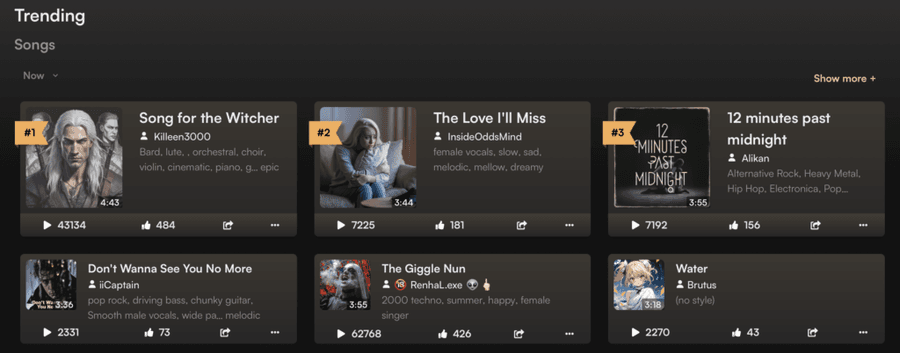
Now, I’m not saying that these AI-generated tracks are going to replace the likes of Kendrick Lamar or Adele anytime soon, but they’re definitely giving human artists a run for their money. And who knows, maybe one day we’ll have an AI-generated album that’s so fire, it’ll make us question whether machines can truly capture the essence of human creativity.

The Future of AI in Music: Ethical Considerations and Implications
When we think of AI and its increased usage in the creation of music, we are left with certain ethical questions that cannot be ignored. Several controversies relating to the ownership of AI-generated compositions and its control over intellectual property rights occupy this topic. Who owns the copyright? The creator of the AI or the software designer? Or nobody at all? It is a legal and ethical dilemma that is still waiting to be answered.
Further, artificial intelligence can learn to copy the artists’ style and reproduce their work and still make money from these works, which will be objectionable since it reduces the artist’s identity and makes it easier for anyone to pigment these works without respecting the artists’ culture. It would be considered cultural imperialism or unethical representation if an AI system created and trained by individuals from various cultures could replicate a particular style of indigenous music.
Nevertheless, given all these ethical considerations, the rise of specialized platforms like Suno AI, which positions itself as a next-generation platform for generating music using AI, signifies the increasing convergence of technology and art as a natural evolution. With these ideas advancing incrementally more than the seeming edge of the possible, that heuristic good invites us to rethink what constitutes creativity and what ‘great’ music is.
More Info:
- Virtual AI Priest Fired from Catholic Faith After Proposing Brother to Sister Marriage
- OpenAI Co-Founder and Chief Scientist Ilya Sutskever Officially Exits Firm
Is greatness in a composition defined by the ability to elicit an emotional response or by musicianship and the act of composing? However, does an AI-made song not qualify as a “great” song if it can evoke the same emotions as the best music that humans have ever created?
Disclaimer: All materials on this site are for informational purposes only. None of the material should be interpreted as investment advice. Please note that despite the nature of much of the material created and hosted on this website, HODL FM is not a financial reference resource and the opinions of authors and other contributors are their own and should not be taken as financial advice. If you require advice of this sort, HODL FM strongly recommends contacting a qualified industry professional.
